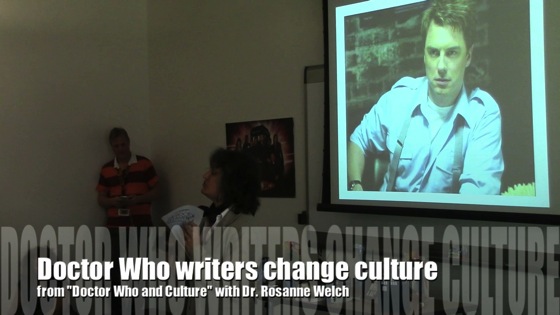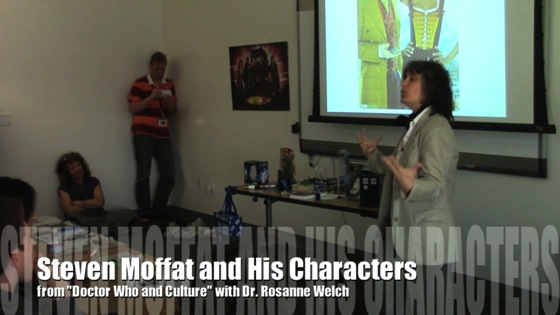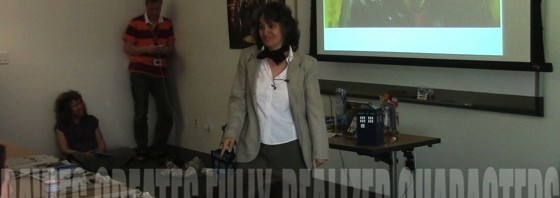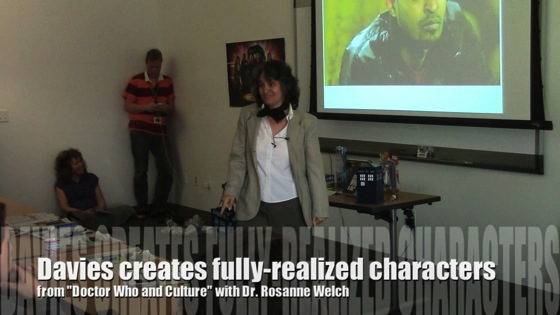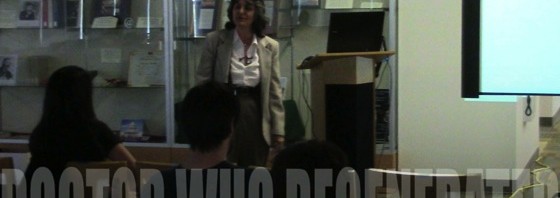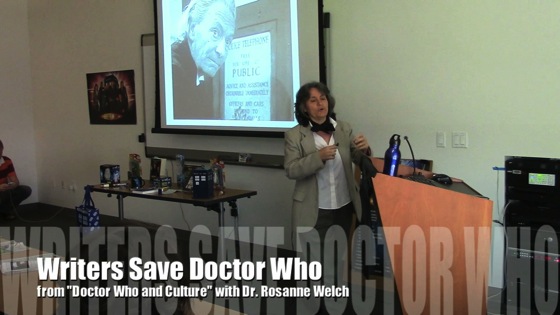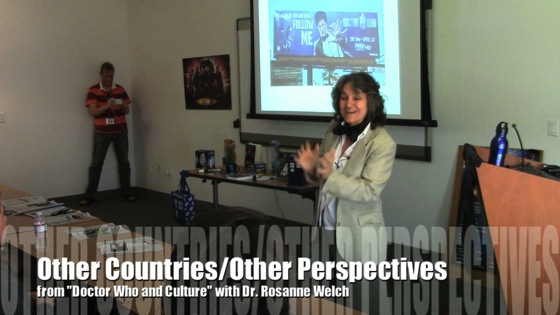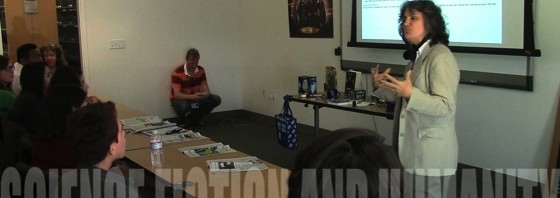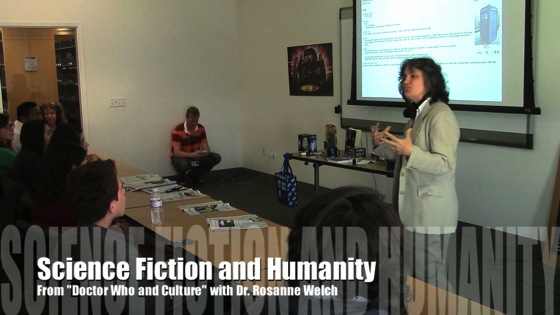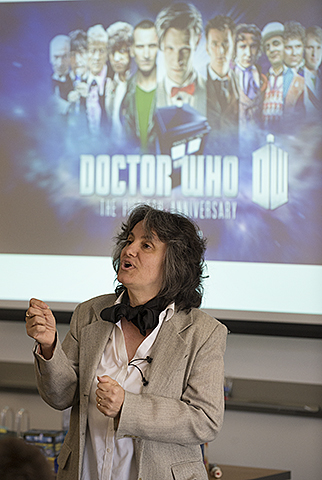Spent the first day of my summer vacation (which didn’t start until all grades everywhere were calculated and posted) in my most favorite way to spend a day – reading an entire book in my garden in a series of sittings (interrupted by tea and lunch and hanging laundry and dinner, etc). What book you ask? Something deep and dark like War and Peace or Dr. Zhivago? Nope. I opted to open my summer with the autobiography of an old friend, though we’ve never met (though why he never appeared as a guest on Touched by an Angel is a mystery to me). Tim Conway, aka Ensign Parker on McHale’s Navy; aka Barnacleboy on Spongebob Squarepants aka a dozen crazy characters on The Carol Burnett Show.
Why did I choose that to begin my summer reading? Partly because he was raised in Chagrin Falls, Ohio, where my Mom used to take me for ice cream treats during the summer; partly because he graduated from Bowling Green State University (as Doug and I did); and partly because I knew it would be full of fun tidbits about the early days of radio and television both in Cleveland (where he worked with Ernie Anderson before he became Ghoulardi) and in Los Angeles. Just about as funny as the book Jim Backus (Thurston Howell III) wrote with his wife, Henny, in the 1980s.
Conway’s book is full of funny stories about scrambling to fill time on early radio and television shows and honest discussions of being happy in life even if you’re always the second banana, never the star. He talks about being raised by his immigrant parents – Dad Daniel from Ireland and Mom Sophia from Romania — and then raising his own 6 kids with their lessons in his mind all the time. He talks about being bilingual (English and Romanian) and losing that second language as he grew up. He talks about the joy and honor of meeting and working with the great stars of his childhood movie-viewing including Cary Grant and Ernest Borgnine and his enthusiasm for all the blessings in his life is catchy.
I smiled often until page 70 when I fell on the floor laughing (much as I did while watching all those Carol Burnett shows in elementary school) and pretty much never got back in my chair. It was too precarious to ponder. I found myself regaling Doug with several of the stories even as he tried to read something else. If you’d like to spend some time in happy company I highly recommend What’s so Funny?
See all my favorite book and DVD picks in the WelchWrite Bookstore



